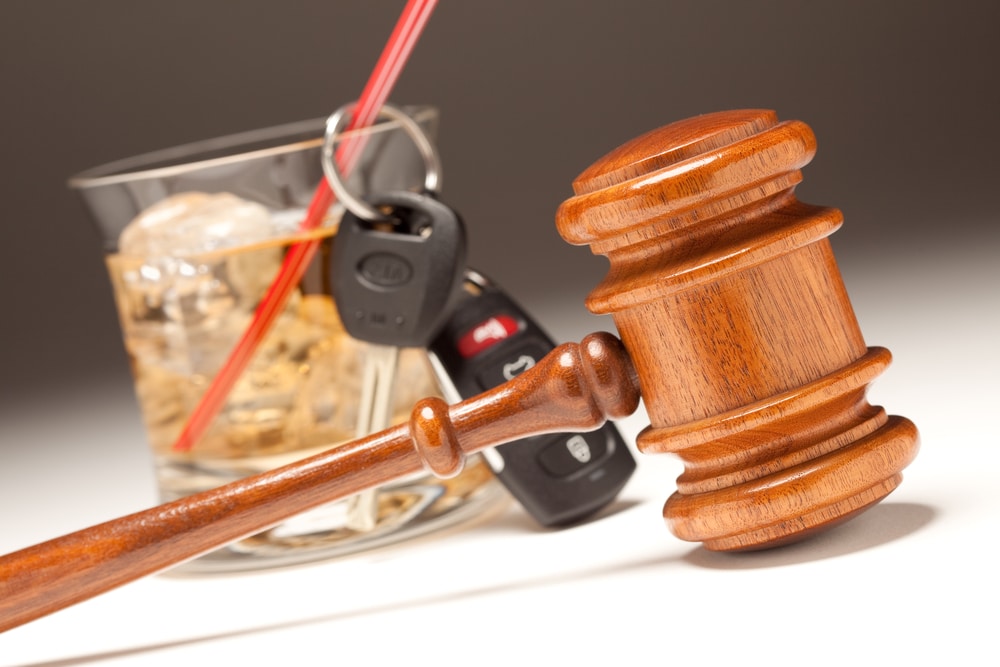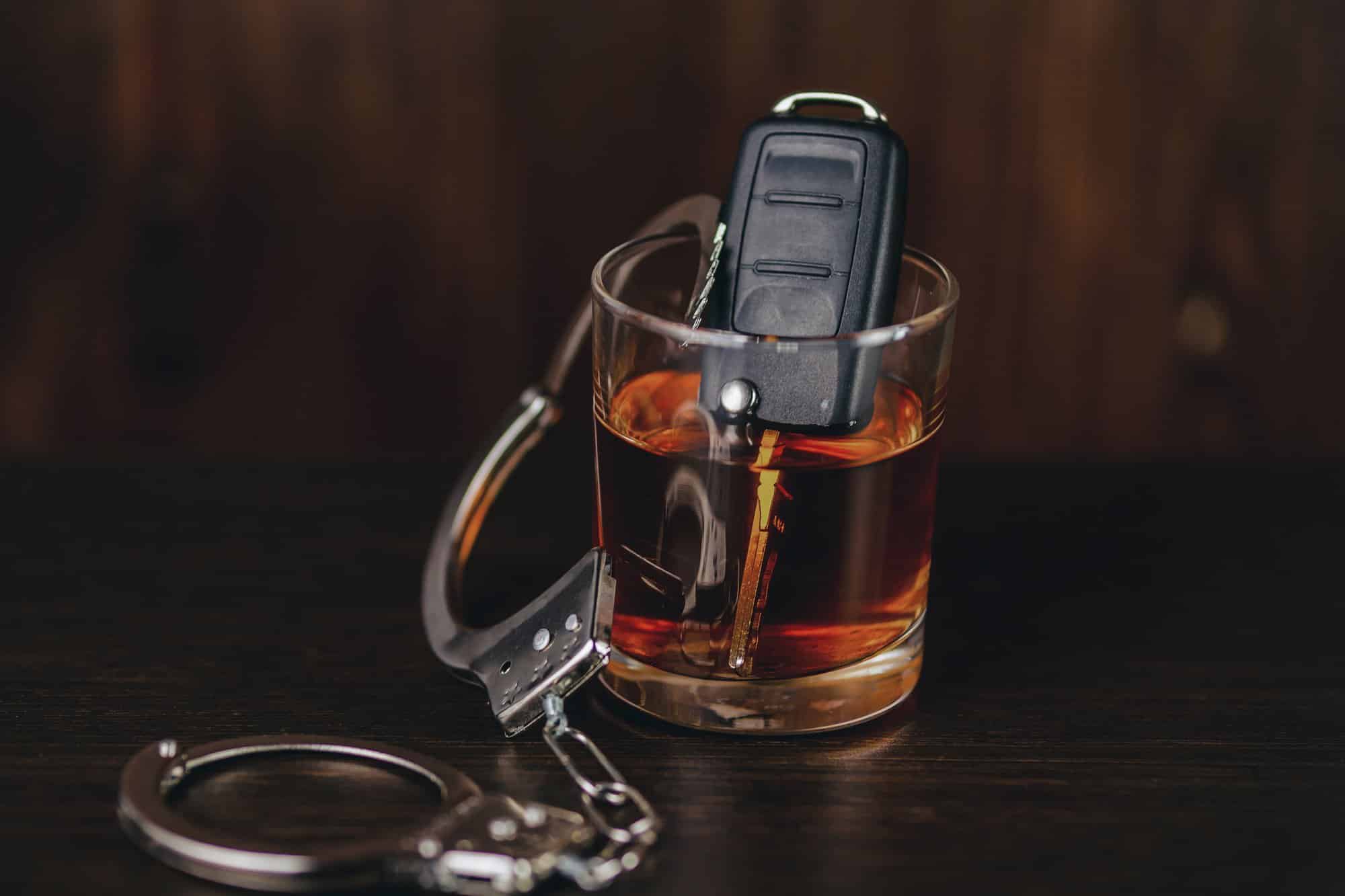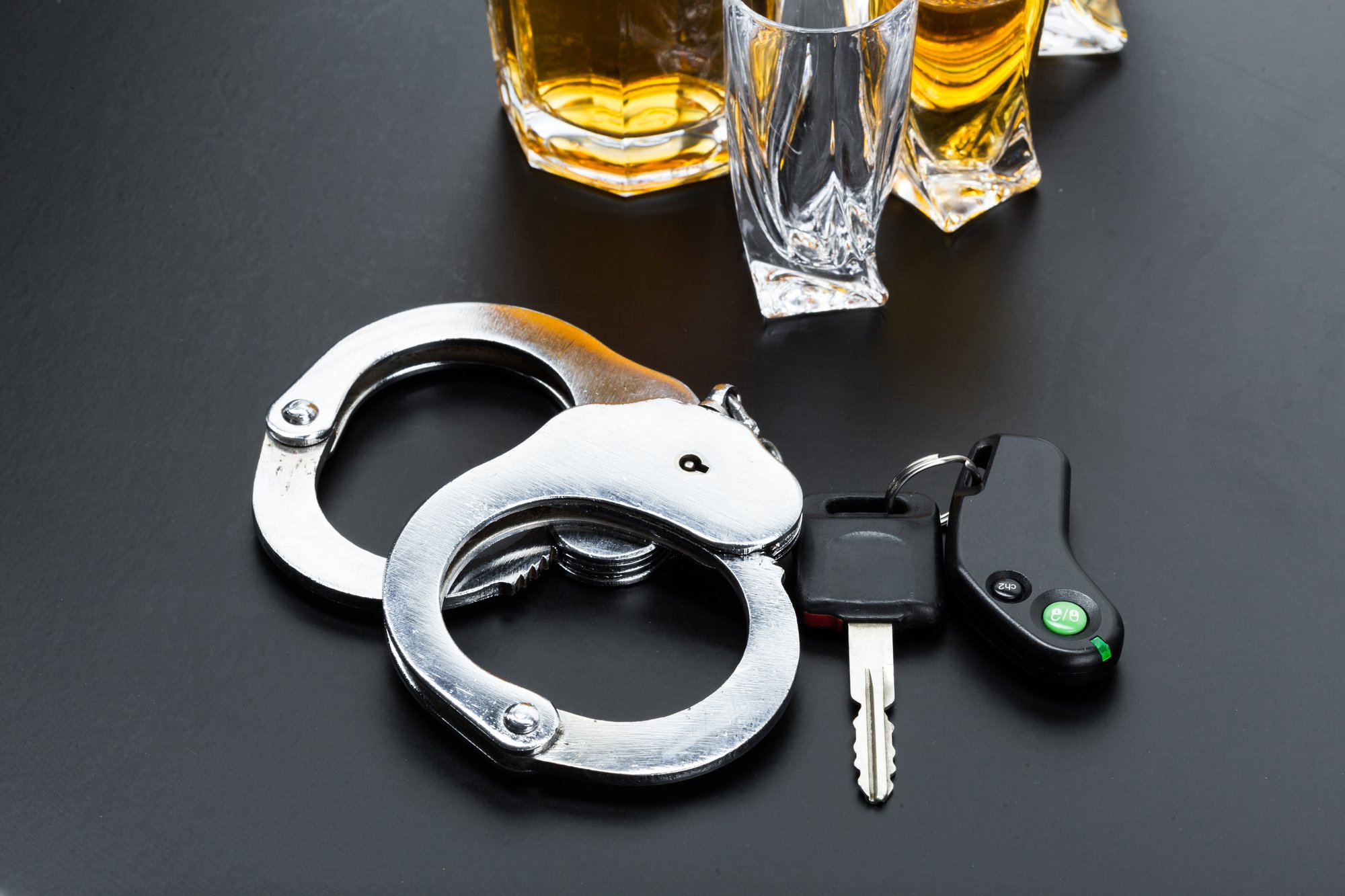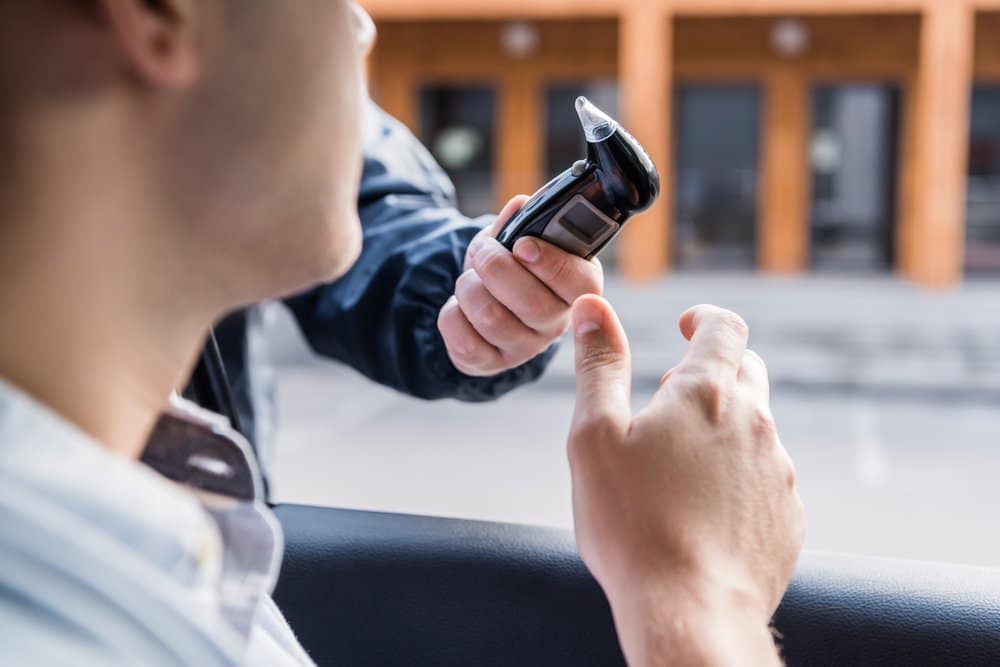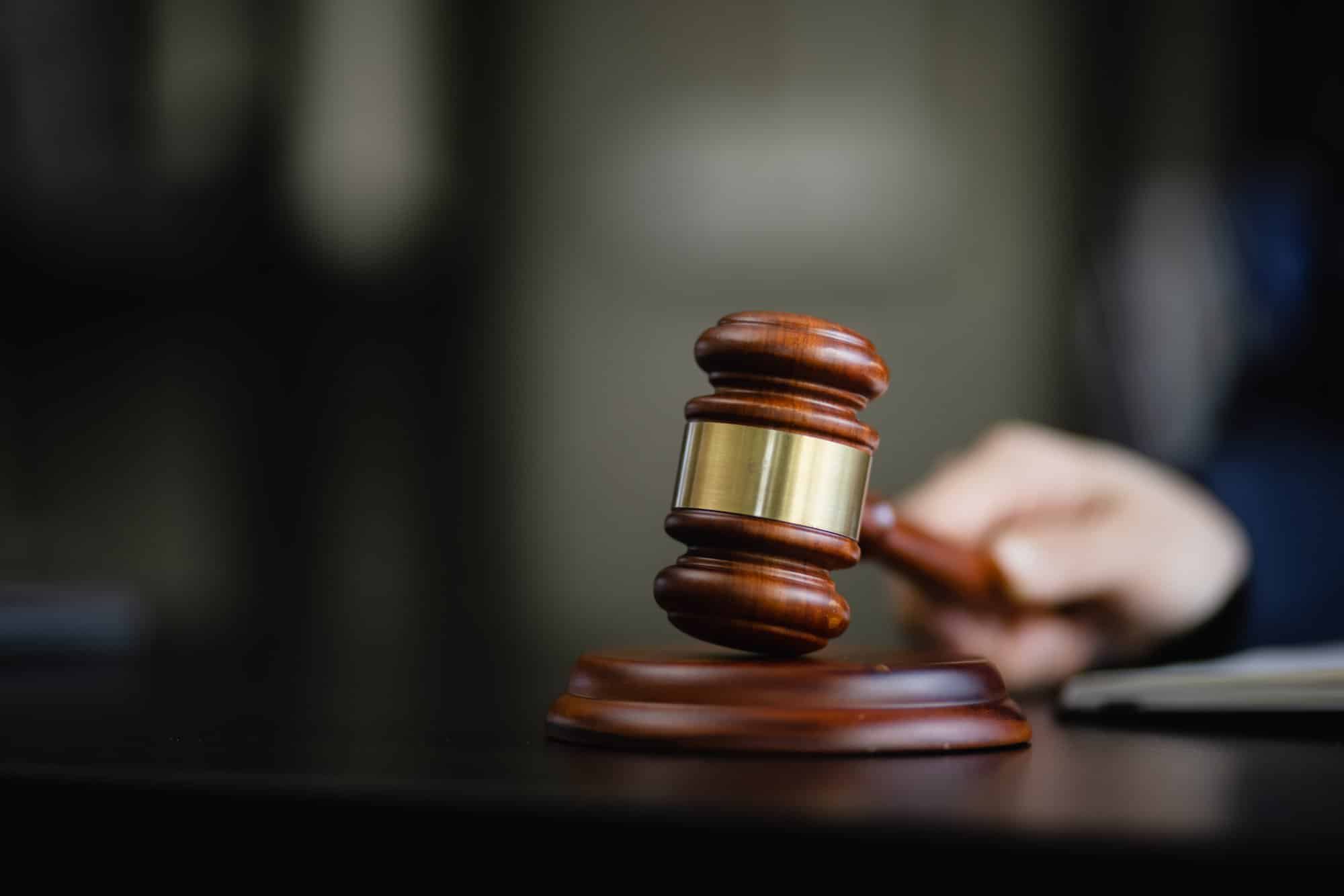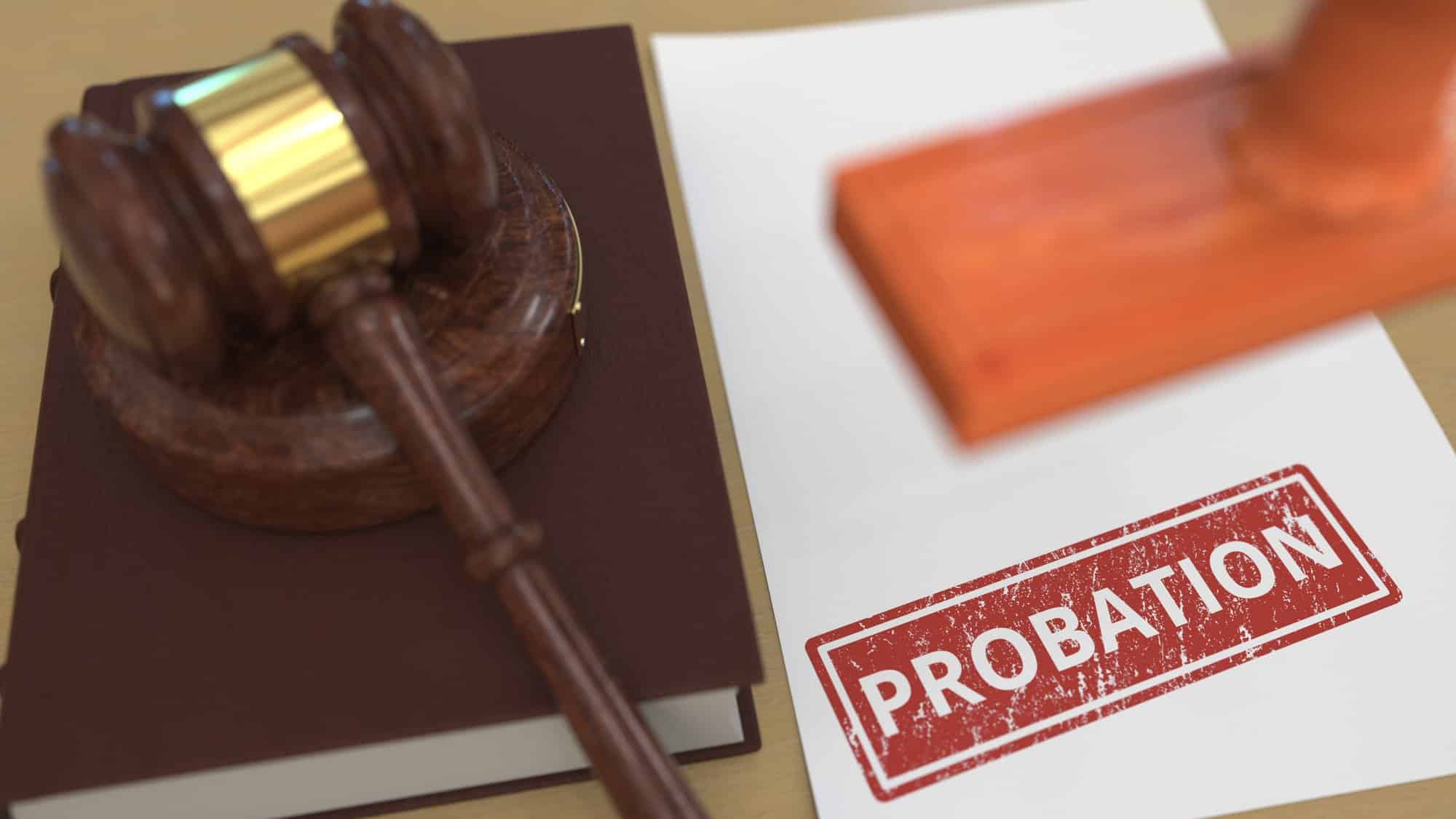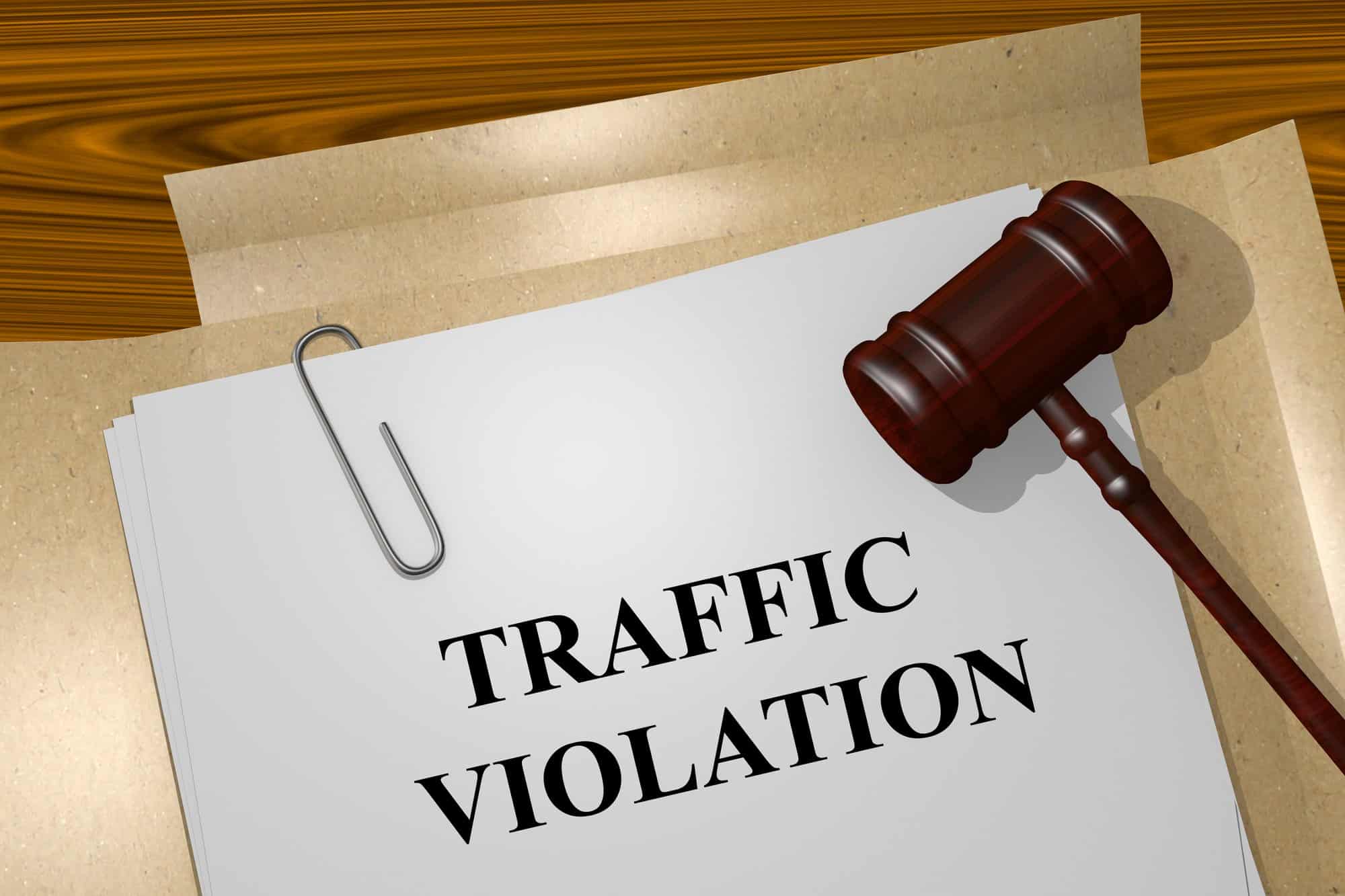A consequence of a DWI conviction in New York can be license suspension or revocation. Losing your license, even temporarily, can have a substantial impact on your life and livelihood. However, if you qualify for the Impaired Driver Program — formerly known as the Drinking Driver Program — you may be eligible for conditional driving privileges. Participation in the program can also allow you to have your full driving privileges restored upon successful completion.
What is the Impaired Driver Program?
After you’ve been charged with a DWI, your license suspension or revocation begins at your court hearing — unless the judge grants you a “Continuation of Driving Privileges.” In the event you receive a continuation, your driving privileges will be suspended or revoked 20 days after sentencing. However, you may be able to reduce the period of suspension by participating in New York’s Impaired Driver Program.
The Impaired Driver Program is an educational course that lasts seven weeks. Each weekly session is two or three hours, for a total of 16 hours. Upon completion of the classroom portion of the program, your involvement concludes unless you are referred for a formal assessment and any subsequent treatment. Critically, you may be dropped from the program and lose your conditional license if you fail to attend class, your participation in the program is not satisfactory, or you do not pay the program fees.
In the event you are referred for a formal substance abuse assessment by a judge, Department of Probation, the program, or by written self-inventory, you must select from a list of approved providers. A referral may also result if you’ve had two or more DWI convictions in the last ten years, a DWI arrest while you were enrolled in the program, or you were found to be attending class under the influence of alcohol or drugs. Following a substance abuse assessment, you may be required to complete a formal treatment program in order to successfully conclude your participation in the Impaired Driver Program.
Once you have satisfied the program’s requirements, you will be provided with a “Notice of Completion.” After this document is sent to the DMV, your driving privileges may be restored.
Are You Eligible for the Impaired Driver Program?
Participation in the Impaired Driver Program is voluntary. But it’s important to understand that not all drivers may be eligible for the program. The program is typically limited to those who have not had any DWI convictions within the last five years.
If you were driving a taxi, livery cab, bus, or school bus, you are not eligible to regain your full driving privileges until the full period of revocation has run. You would also not be able to take part in the program if you held a commercial driver’s license or were operating a truck with a GVWR between 18,000 and 26,000 pounds. In addition, drivers who were under 21 when the DWI occurred — and those who refused a chemical test — would be ineligible to participate in the Impaired Driver Program.
Contact an Experienced New York DWI Attorney
The rules and regulations surrounding the Impaired Driver Program are complex. If you’ve been charged with a DWI, it’s important to have a skillful DWI attorney by your side who can assist you with navigating the legal process and advocate for your rights. The attorneys at D’Emilia Law offer experienced counsel and reliable representation for those who have been charged with DWIs and strive to obtain the best possible outcome for every client. To schedule a consultation, contact us at 1-888-DEMILIA.

